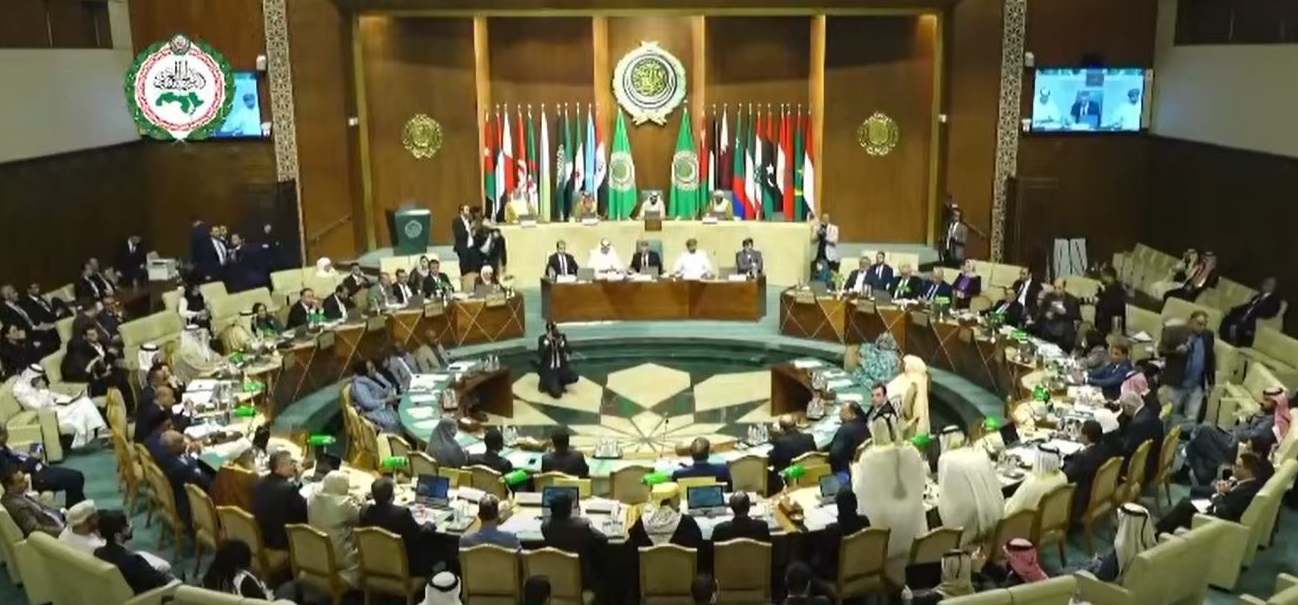RAMALLAH, Sunday, April 28, 2024 (WAFA) - Less than one month after its establishment, the Council of Ministers approved the first set of reforms recommended by the Standing Ministerial Committee on Reform.
The reforms include: i) all government appointments, including senior level, will be recruited through competitive processes and under clear guidelines approved by the Cabinet; ii) strictly enforcing the retirement age for civilian and military personnel (60 years old for civil and military service, Ambassadors 65 years and Judges at 70). There will be no exception.
In addition, a cooling off period will be enforced where retired staff will not be rehired by the government for two years; iii) all government agencies will activate citizen complaint mechanisms and report monthly to the Cabinet summarizing the complaints and actions taken to address them; and iv) publication of budget on the Foreign Ministry’s website.
In addition to a package of public finance reforms that intends to reduce public spending by reviewing and eliminating allowances that are not aligned with the law; audit and enforce the laws concerning the use of government-owned cars; A hiring freeze until strategic staffing is prepared and approved; freeze on all un-necessary travel and on renting new office buildings till a comprehensive asset management study is completed and approved.
Furthermore, the Ministerial Committee has established a joint Government and Civil Society sub-committee to review and revise the digital media law and another subcommittee to study the fragmentation of government institutions and prepare a plan to eliminate duplications and fragmentation and consolidate government entities to improve effectiveness and rationalize public spending.
The reform process is intended to reduce wasteful spending, re-target resources to improve services to citizens and improve transparency and accountability in government expenditure.
This is the first set of reforms which will be followed by other reforms in the coming weeks focusing on improving transparency and accountability, justice reform, human rights, freedom and rule of law, improving the quality of services such as health and education, empowering local governments, digital transformation and economic development, among others.
The committee intends to work closely with civil society to analyze data on public opinion and collect other information that will help formulate the reform processes. The transformation office that is established under the Prime Minister's office will be tasked with monitoring the implementation of these reforms and reporting regularly to the prime minister on their implementation.
T.R.












